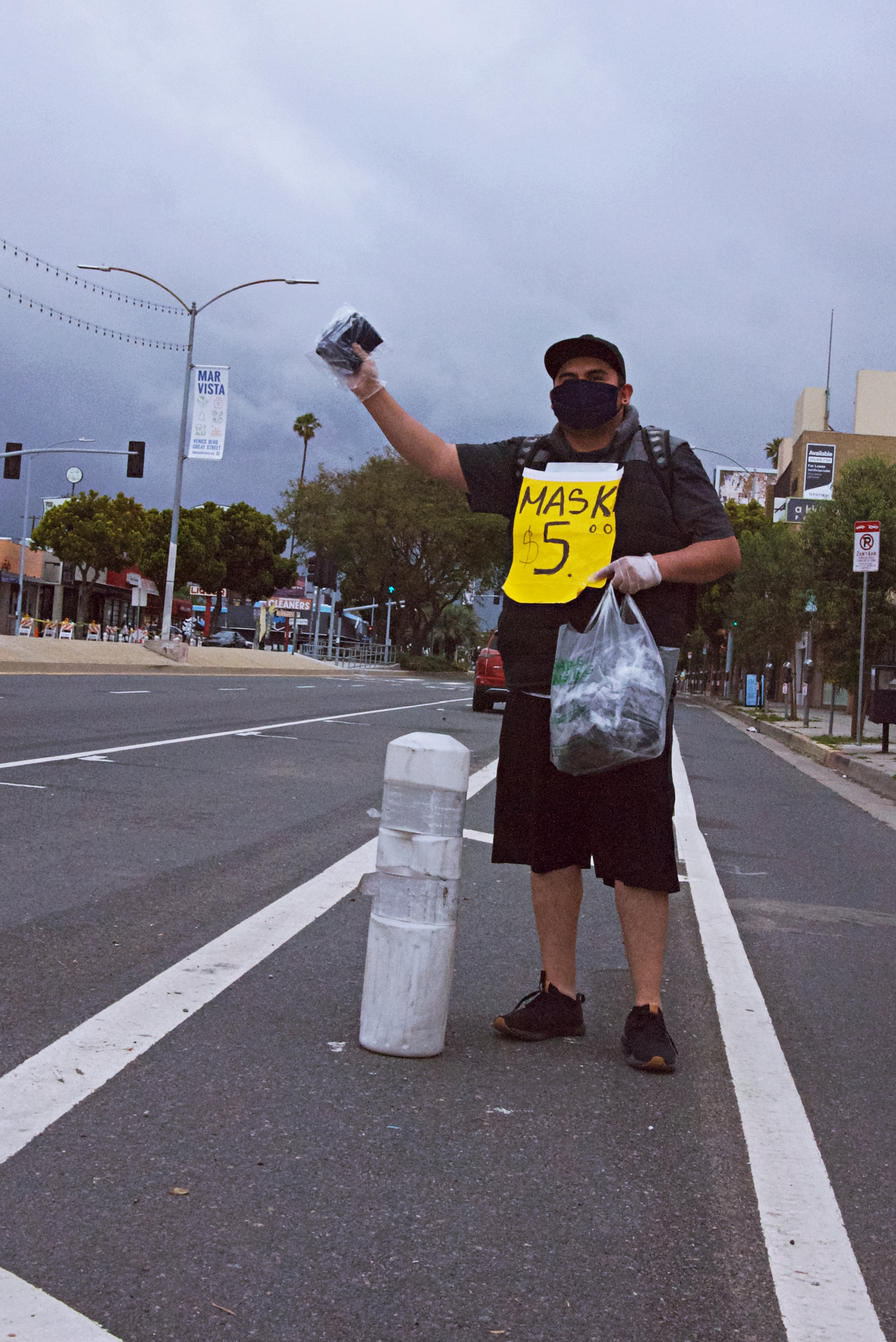We are in uncertain times. “Uncertain” times. These words have become the frequent prelude to daily emails, articles and online subscriptions. As the wave of COVID-19 sweeps across the globe casting its deadly shadow on our daily routines and lives, people have taken to their homes, shuttered their doors and have held tight to what remains of their comfort zones. This phrase of uncertainty is again restated, then repeated. Politicians, celebrities, the media and those outside of the public eye seem to find solace in the phrase, “These are uncertain times.”
With our new, unpredictable reality, society is taking a step back to breathe, and possibly redefine itself. This sudden transformation from a bustling maze of activity to a population that stands six feet apart – if standing near one another at all – is rife with uncertainty. We now arm ourselves with masks and gloves in defense of an invisible enemy. Certainty, as a concept, is now upside down. Or is it? And, should this comforting objective really be in our sights?
Western society thrives on knowing. It is a comfort zone where breath flows freer as our shoulders lower behind a shroud of educated assumptions.
But with all this positivity, this opposing force behind the darkness of loss, comes an inherent complacency, a factored in laziness which lives on the back of this acquired compartmentalized knowledge. It is where expectation takes precedence over “the state of being awake and aware of one’s surroundings,” or consciousness, as defined by Google. With local, national, cable, radio, satellite and international news sources all tuned to this global illness, aren’t we, as a population, more awake than ever before? Are our impulses to wash our hands, not touch our face let alone anything or anyone else more present today than in recent or past memory? Do we mourn the lost connection to friends, relatives and local neighbors? Could we be any more awake or aware?
Certainty begets normal. But normal is nothing more than a consistent standard. Why then are so many determined to rid themselves of uncertainty?
I posit that with this great undoing will come a great awakening. This disruption is reminding humanity that we should not take each breath for granted, that moments are precious and routine can often be a disguise for complacency. Our uncertainty is forcing humanity to turn inward, to revisit the self, factor in our beliefs and standards. We are now motivated to look out at the world through closed windows, appreciate the sunshine as if it on display yet untouchable, cherish clouds and nature, almost as nature intended. Now yearning for more human interaction, strangers show pleasant gestures that acknowledge neighbors through a kind smile and friendly distant wave. Less frequent are the car horns of impatience and boisterous vocalizations from those who yearn to be recognized. We are suddenly working to live, not living to work.
Uncertainty, in my estimation, should not be feared but relished for its simplicity and possibilty. We must now recognize our needs over our wants. Focus on mindfulness. Be thankful that nature now has an unencumbered moment to stretch its arms and take a deep breath as it, too, returns to an own order where obstacles such as air, sound and light pollution is currently not on such a fierce offensive.
To be uncertain is not to be less. In fact, it is a motivation to be more. It is a call to rise with curiosity and creativity, to foster a more fruitful coexistence with the environment and each other. It is an impetus to listen and learn in an effort to rediscover what is essential. It is a time to ask more than to know, to reflect on our inner child who once was not afraid but eager to question what has yet to deem certain. I encourage everyone, in these uncertain times, to look inward and reflect, then look outward and explore. It is uncertainty that has motivated so much accomplishment throughout history. I challenge you, the reader, to find your own greatness. We are all so capable if only we would allow ourselves this luxury.


